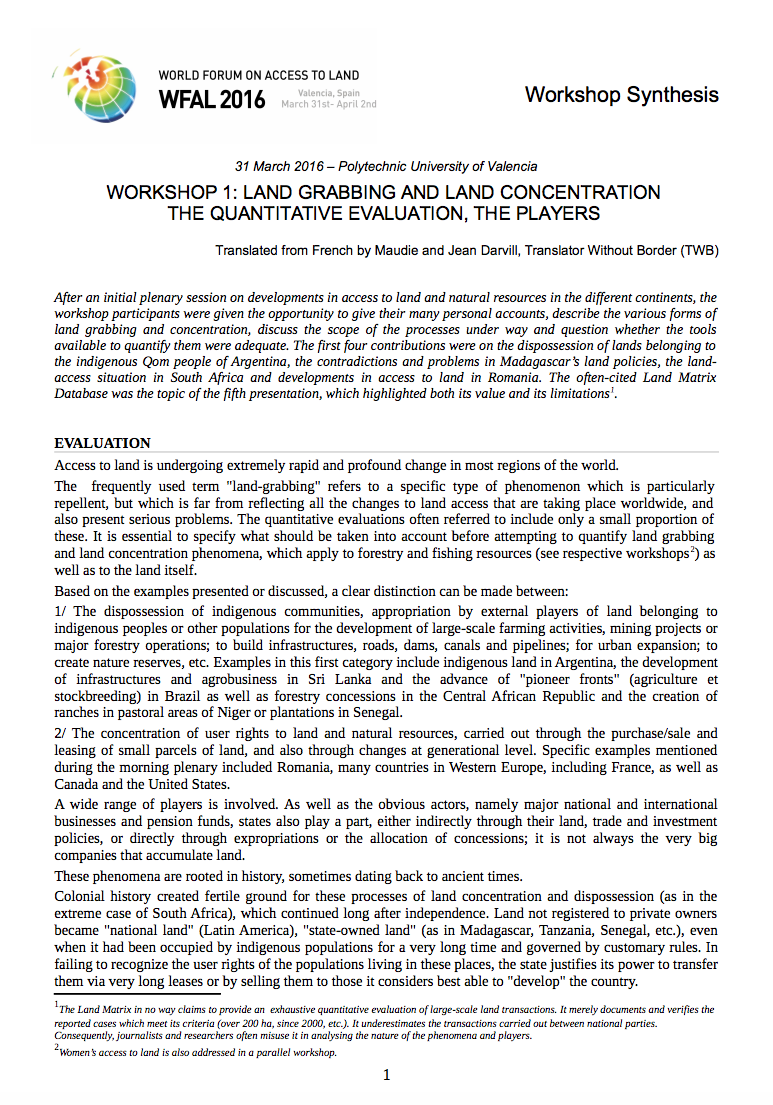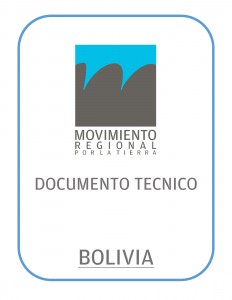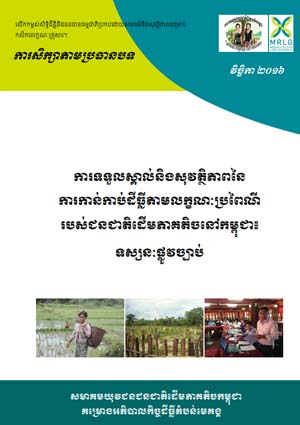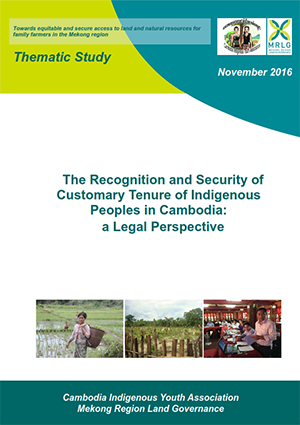Los refugiados del modelo agroexportador (Versión resumida)
Refugiados del Modelo Agroexportador es la publicación de los resultados de una investigación llevada a cabo en el 2006 en comunidades campesinas paraguayas que viven rodeadas por los monocultivos de soja. Este estudio interdisciplinario detalla la dinámica de empobrecimiento y degeneración de las condiciones de vida de las familias que lleva a la expulsión rural y la migración hacia las ciudades. Esta investigación de Base Investigaciones Sociales fue llevada a cabo por un equipo multidisciplinario e internacional de investigadores, bajo la dirección del sociólogo Tomas Palau.










